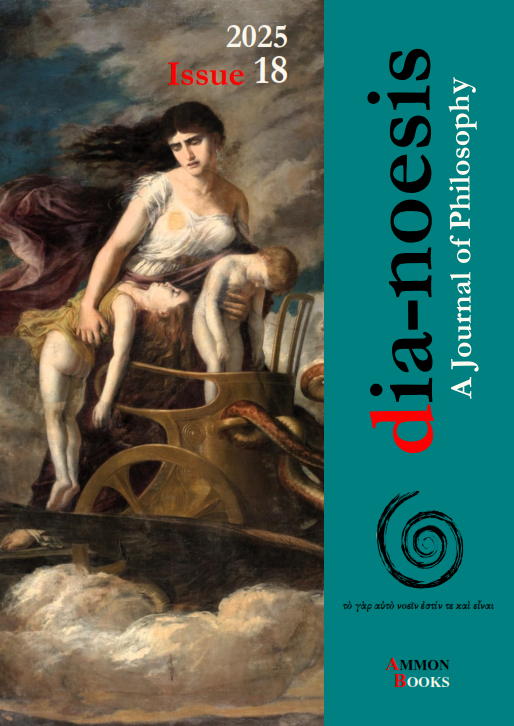The Trauma of Life’s Meaninglessness: A Philosophical Reading of Monty Python’s Life of Brian

Abstract
How would it feel if one day we could fulfill a dream that many of us share—to spend a few hours or days in a beloved time and place we consider unique and unrepeatable? Personally, I would choose to visit Athens during the height of classical antiquity, to meet the man I regard as the most avant-garde artist of all time, Euripides, and have a “coffee” with him. But that, of course, is another story. Monty Python, on the other hand, chose a different setting in “Life of Brian”: not the classical world, but the hazy transitional period often mislabeled as “Late Antiquity”—a time teetering on the brink of the Middle Ages. Medieval society is unable to confront the trauma of finitude, the existential void of a life stripped of meaning, whether on an individual or collective scale. It is precisely into this world that Monty Python, with characteristic wit, drop their unwitting hero, Brian, not in search of answers, but for the sheer absurdity of it. The deeper philosophical implications of this move, however, are left to us to untangle.
Article Details
- How to Cite
-
Antoniadis, C. (2025). The Trauma of Life’s Meaninglessness: : A Philosophical Reading of Monty Python’s Life of Brian. Dia-Noesis: A Journal of Philosophy, 18(2), 37–62. https://doi.org/10.12681/dia.43393
- Section
- Articles


